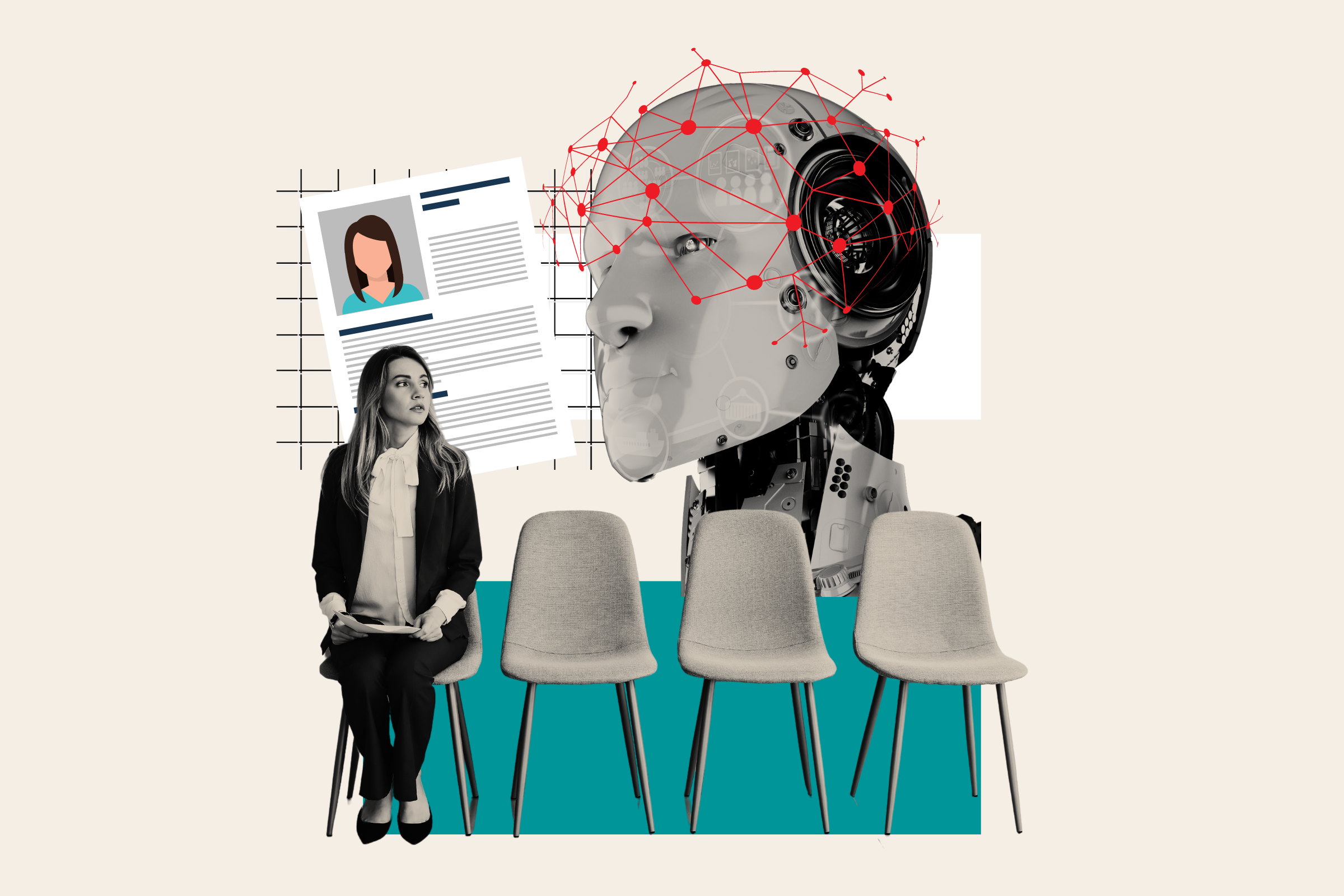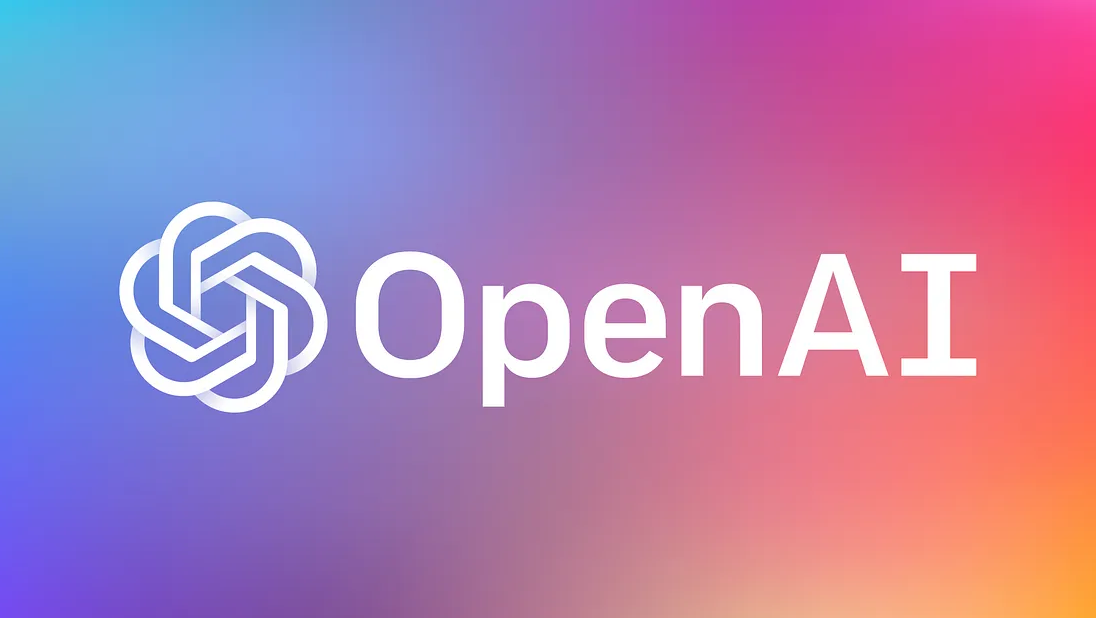Google has rolled out Flight Deals, a new AI‑powered tool for flexible, budget‑conscious travellers within Google Flights. It allows users to type natural‑language descriptions of their ideal trip, such as favourite activities or timeframe, and receive bargain flight suggestions in return.
Powered by Gemini, the feature parses conversational inputs and taps real‑time flight data from multiple airlines and agencies.
The tool identifies low fares and even proposes destinations users might not have considered, ranking options by percentage savings or lowest price.
Currently in beta, Flight Deals is available in the US, Canada, and India without special opt‑in. It is also accessible via the Google Flights menu.
Traditional Google Flights remains available, with a new option to exclude basic economy fares in the US and Canada.
Would you like to learn more about AI, tech and digital diplomacy? If so, ask our Diplo chatbot!










